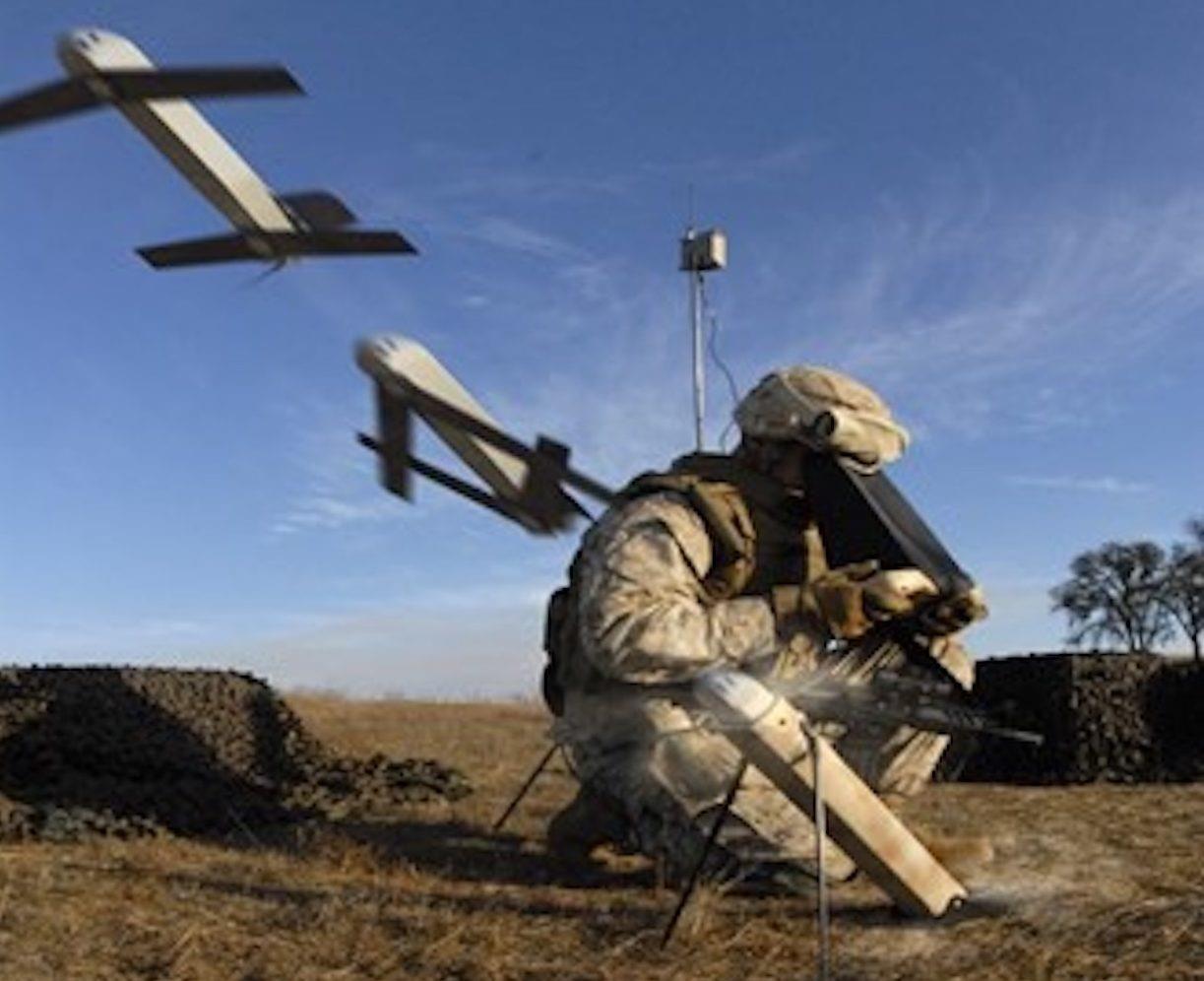
India Needs To Assert Its Superpower Arrival
With its vast geographical expanse ranking it as the world's seventh-largest country and its military prowess securing it the fourth position in the Global Firepower Index 2024, India exhibits the quintessential attributes of a great power.
Moreover, India boasts a vibrant democracy, a robust IT sector and an influential diaspora community that has made significant strides in attaining positions of power across the globe. This transformation is particularly remarkable considering India's impoverished state just 75 years ago when it gained liberation from Western colonialism.
This liberation, predominantly realized in the political domain, has not however been fully reflected in India's cultural landscape. The dominance of liberal-internationalist ideologies, propagated by Western-educated leaders such as Nehru and Menon, has often overshadowed India's rich cultural and intellectual traditions.

China-Philippines near full diplomatic collapse at sea

US Replicator drone drive to pack suicidal Switchblades

Youthful Vietnamese migrants protest vs rulers back home
For instance, esteemed works like the Arthashastra were neglected until recently, symbolizing a disconnect from India's historical wealth. Moreover, the historical contributions of entities like the Ahom Dynasty of Assam remain obscure and contributions of many great freedom fighters are overshadowed by a focus on select figures like Gandhi and Nehru in mainstream narratives.
The trajectory of India's identity was further shaped by successive political leaderships, notably the Congress Party's establishment of a bureaucratic, socialist state that deterred both foreign and domestic capital for nearly half a century.
On the other hand, the Communist Party of India, which held a distant second position to the Congress in Indian politics, sought to mirror authoritarian regimes elsewhere.
In fact, one of the slogans of a breakaway faction of the CPI – the CPI(ML) – was,“China's Chairman is our Chairman. Chinese path is our path!” These actions exacerbated an identity crisis that persisted late into the 20th century.
India's outlook began to shift with the rise of the Bharatiya Janata Party (BJP), marked by assertive actions such as the 1998 nuclear tests and recent milestones like the anti-satellite test, the successful moon landing mission (Chandrayaan II), revocation of Article 370 and the carrying out of airstrikes in Pakistan in response to its sponsorship of terrorism.
India today does not hesitate to promote private business, welcomes foreign capital and frequently reevaluates and adjusts its geopolitical relationships.
New Delhi has also moved away from its traditional mindset of viewing the US solely through the lens of imperialism, while dispelling any lingering notions of overly idealistic relationships such as the concept of Hindi Chini bhai bhai (India and Chinese are brothers).
Today's India is more realist in its orientation than it has ever been since independence. But despite these big strides, challenges persist. The global perception of India as a“soft state” necessitates a shift toward a more assertive pursuit of interests, even leveraging military means when required.
Reforms are also imperative within the Indian Foreign Service, transforming it into a proactive force shaping global developments rather than merely reacting to them.
The IFS should be treated as a specialist service with its own recruitment and include officials and experts from the departments within the government of India, think tanks and academia.
Crucially, India should endeavor to cultivate a mindset of strategic aggression and militaristic culture to assert its power effectively.

Sign up for one of our free newsletters
- The Daily ReportStart your day right with Asia Times' top stories AT Weekly ReportA weekly roundup of Asia Times' most-read stories
Shedding colonial legacies and Nehruvian moralities, India should prioritize strategic interests over restraint, as demonstrated by its response to incidents like the 2001 Parliament attacks and the 2008 Mumbai attacks.
In the pursuit of great power status, India must heed Mao Zedong's assertion that“power grows out of the barrel of the gun.” Intent, backed by strength and power projection capabilities, defines a nation's standing in international relations, transcending moral advocacy.
India stands at a pivotal juncture in its quest to assert itself as a civilizational power. Realizing its aspirations requires a nuanced approach, balancing economic growth, military strength and cultural resurgence, underpinned by a mindset of strategic ambition and assertiveness.
Shri Jyotishman Bhagawati is a senior research fellow at the Academy of International Studies, Jamia Millia Islamia, New Delhi. He can be reached at ... .
Thank you for registering!
An account was already registered with this email. Please check your inbox for an authentication link.

Legal Disclaimer:
MENAFN provides the
information “as is” without warranty of any kind. We do not accept
any responsibility or liability for the accuracy, content, images,
videos, licenses, completeness, legality, or reliability of the information
contained in this article. If you have any complaints or copyright
issues related to this article, kindly contact the provider above.


















Comments
No comment